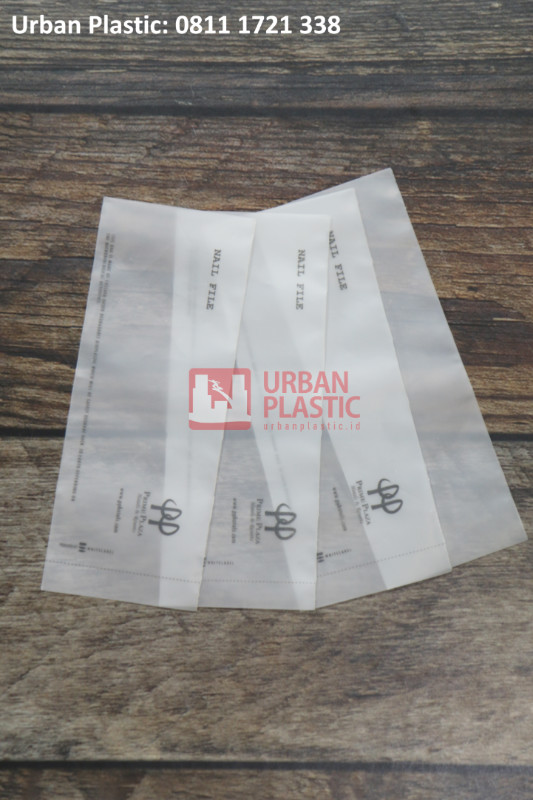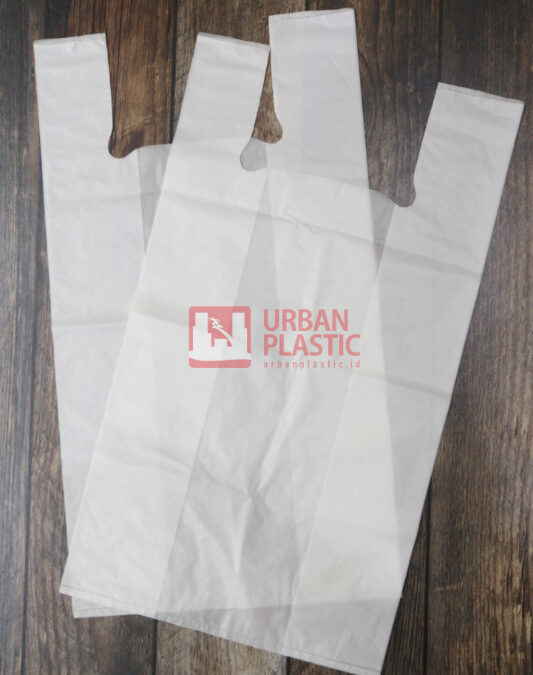In the realm of sustainable innovations, Indonesia has emerged as a pioneer with the introduction of Cassava Bags Indonesia, marking a groundbreaking shift in the fight against plastic pollution. As the world grapples with the environmental consequences of single-use plastics, Indonesia has embraced an ingenious solution by harnessing the power of cassava, a staple root vegetable.
Cassava Bags represent a paradigm shift in packaging materials, offering a biodegradable alternative that significantly reduces the ecological footprint associated with conventional plastic bags. This eco-friendly revolution is not merely a local phenomenon but has far-reaching implications for global environmental consciousness.
The inception of Cassava Bags signifies Indonesia’s commitment to fostering a greener future, as the nation endeavors to tackle the escalating challenges posed by plastic waste. In this article, we will unravel the intricate details surrounding Cassava Bags, exploring their environmental impact, production processes, and the pivotal role they play in propelling Indonesia towards a more sustainable and eco-conscious trajectory.


The Rise of Cassava Bags Indonesia
Cassava Bags have gained significant traction in Indonesia due to their biodegradable nature. Unlike conventional plastic bags that persist in the environment for centuries, Cassava Bags decompose within a matter of months, leaving no harmful residues behind. This revolutionary approach addresses the alarming issue of plastic pollution that has plagued the nation and the world at large.
One of the primary advantages of Cassava Bags is their minimal environmental impact. The production of these bags generates fewer carbon emissions compared to traditional plastic manufacturing processes. Additionally, the use of cassava, a widely cultivated crop in Indonesia, contributes to the agricultural sector’s growth while providing farmers with an alternative revenue stream. This dual benefit aligns with Indonesia’s commitment to sustainable development and economic growth.
The Production Process Cassava Bags Indonesia
Understanding the production process sheds light on the eco-friendly attributes of Cassava Bags. The cassava starch is extracted and processed into a biopolymer that serves as the main component of the bags. This process not only utilizes renewable resources but also reduces the dependence on non-renewable materials. Furthermore, the manufacturing of Cassava Bags requires less energy compared to traditional plastic production, making them a more sustainable choice.
Cassava Bags contribute to the concept of a circular economy, where products are designed to be reused, recycled, or naturally decomposed. The bags can be composted, returning nutrients to the soil and completing the cycle. This aligns with global efforts to reduce waste and move towards a circular model that minimizes environmental impact.
The success of Cassava Bags relies on consumer awareness and adoption. As more individuals become conscious of the environmental consequences of single-use plastics, the demand for sustainable alternatives like Cassava Bags is on the rise. Government initiatives, coupled with educational campaigns, play a crucial role in fostering this awareness and encouraging a widespread shift towards eco-friendly practices.
Cassava Bags Indonesia symbolize a significant step towards a more sustainable and eco-conscious future. By addressing the environmental challenges posed by traditional plastic, these bags contribute to Indonesia’s commitment to environmental stewardship. As global attention turns towards sustainable practices, the adoption of Cassava Bags serves as a beacon of hope, inspiring nations to embrace innovative solutions that benefit both the planet and its people.
PT. Urban Plastik Indonesia is a Plastic Factory in Indonesia that sells plastic products such as Raffia Rope, Cast Plastic, Waste Plastic, Mulch Plastic, Irrigation Hose, Cassava Plastic, Body Bags, Plastic Sacks, Non Woven Geotextile, Geomembrane, Geobag, Welding Rod, plastic pellets, plastic tarpaulin, Geogrid and Geomat. For further information regarding Urban Plastic Brand Cassava Bag, please contact via: Whatsapp/Mobile Phone: +62 811-1721-338 (Ms. Ais) or: Email: info@urbanplastic.id.

